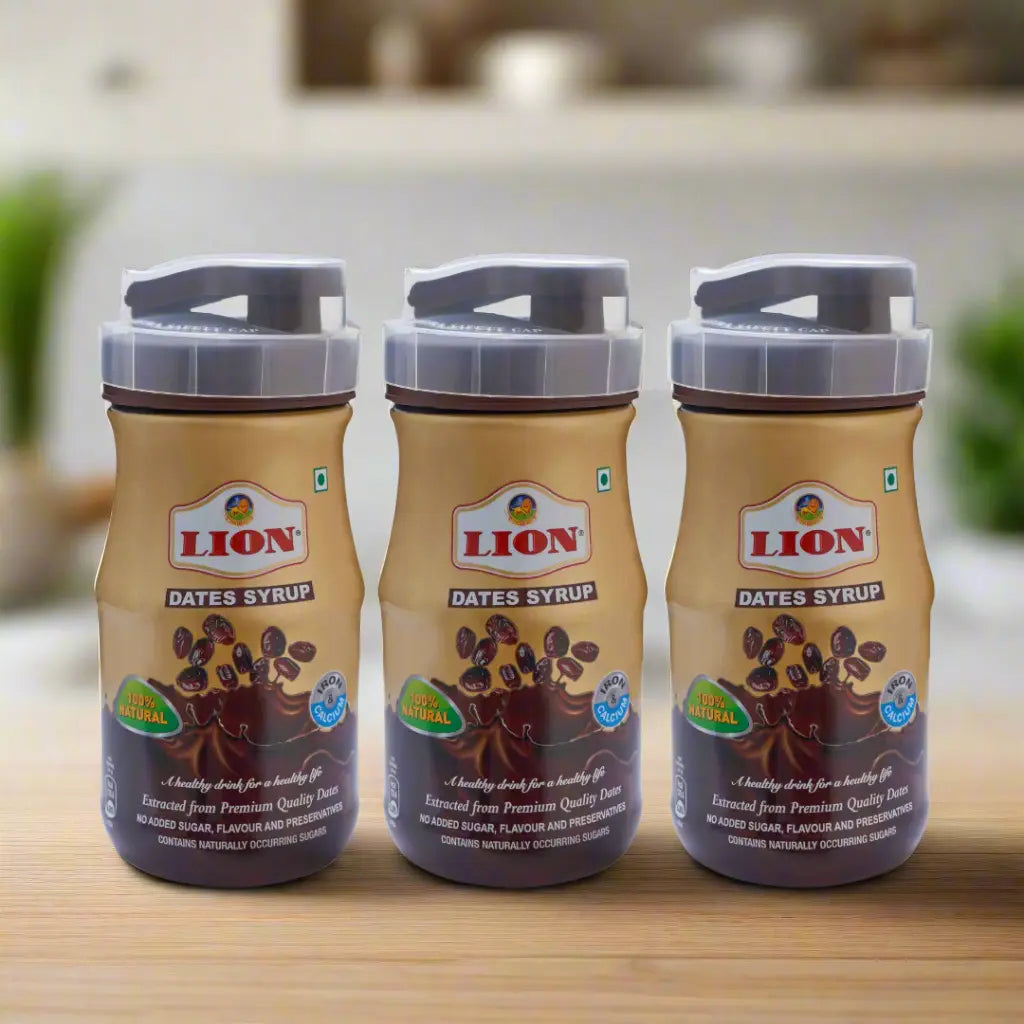Honey and Allergies: The Surprising Connection and How it Can Help
Seasonal allergies are a common problem for millions of people worldwide. While many people rely on over-the-counter medications to alleviate their symptoms, some are turning to a natural remedy that may surprise you: honey. In this article, we’ll explore the connection between honey and allergies and how it can help alleviate your symptoms.
What is Immunotherapy, and How Does Honey Help?The idea behind using honey for allergies is based on immunotherapy. This involves exposing a person to small amounts of an allergen to build up their immunity and reduce their allergic reactions. Since honey contains small amounts of pollen from local flowers and plants, consuming it regularly may help your body build up a tolerance to these allergens over time.
The Science Behind Honey and Allergies
While limited scientific evidence supports using honey for allergies, many people swear by its effectiveness. As per the study published in the International Archives of Allergy and Immunology, it has been found that consuming honey with pollen from a specific region over time can significantly reduce allergy symptoms.Choosing the Right Honey
To get the most benefit from honey for allergies, it’s important to choose Kashmiri honey that has not been heat-treated or filtered. This ensures that the pollen and other beneficial compounds remain intact and have not been destroyed or removed during processing. Local honey is also recommended as it will contain pollen from the plants and flowers in your area that are causing your allergies.
Using Honey for Allergies
To use honey for allergies, simply consume a spoonful of honey each day, either on its own or mixed into tea or other beverages. You can also use honey as a natural sweetener in your meals and snacks, providing a daily dose of pollen and other beneficial compounds.
Precautions When Using Honey for Allergies
While honey is considered safe for most people, it’s important to note that it should not be given to infants under one year of age, as it may contain spores of botulinum bacteria that cause severe illness called infant botulism. Additionally, people with allergies to bee stings or other bee products should be cautious when consuming honey and may want to speak with their doctor before trying it.It's important to note that if you're considering using honey as a natural remedy for your allergies, it's always a good idea to consult with your doctor first, especially if you have any underlying medical conditions or are taking any medications that may interact with honey. Your doctor can help you determine whether honey is a safe and effective option for you and provide personalized advice on how to use it safely and effectively.










